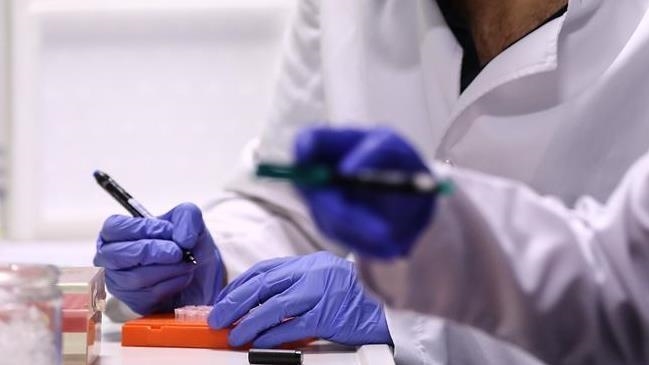
GENEVA
Half of the world population is at risk of contracting the mosquito-borne dengue virus, the World Health Organization (WHO) warned on Friday.
Raman Velayudhan, WHO's unit head on tropical diseases, told a UN press briefing in Geneva that WHO recorded an eightfold increase in dengue cases between years 2000-2022, increasing from 500,000 cases to 4.2 million.
Velayudhan underlined the actual figure might be much higher as the organization got more and more accurate figures in recent years.
"About half of the world population is at risk of dengue and dengue affects approximately 129 countries," he said, noting that approximately around 100 to 400 million cases are reported yearly.
Dengue is a serious illness, which is most commonly a viral infection spread through the bites of mosquitoes from one person to the other, he said.
80% of the cases are asymptomatic, he added.
The only vaccine which is currently in the market is a Sanofi Pasteur vaccine, he said.
This vaccine has been registered in nearly 20 countries for use.
The vaccine only protects people who have been infected with dengue once and requires people to receive three doses.
The efficacy of this vaccine against the four versions of dengue virus (1, 2, 3, and 4) is on average around 65%, the expert said.
Against dengue 1 and dengue 3, the vaccine is effective up to 80%, Velayudhan said. While it is less effective against dengue 2, it is effective around 50% against dengue 4, he added.
He said that the varying efficacy of the vaccine against different versions of dengue is a challenge.
Estimates show dengue deaths range between 40,000 to 70,000 per year, he said, adding that there are many countries that still do not report them.
"The case fatality rate is around less than 1% in majority of the countries and we are hoping to reduce it still further," he said.
Anadolu Agency website contains only a portion of the news stories offered to subscribers in the AA News Broadcasting System (HAS), and in summarized form. Please contact us for subscription options.







